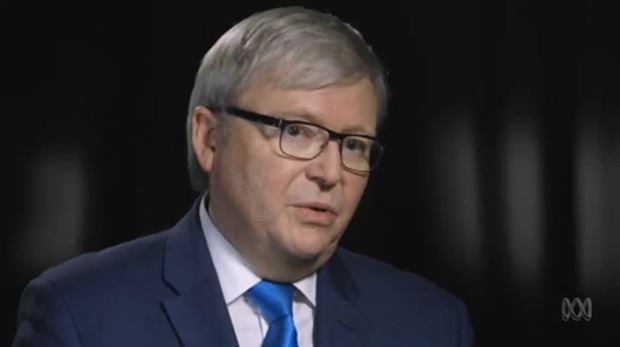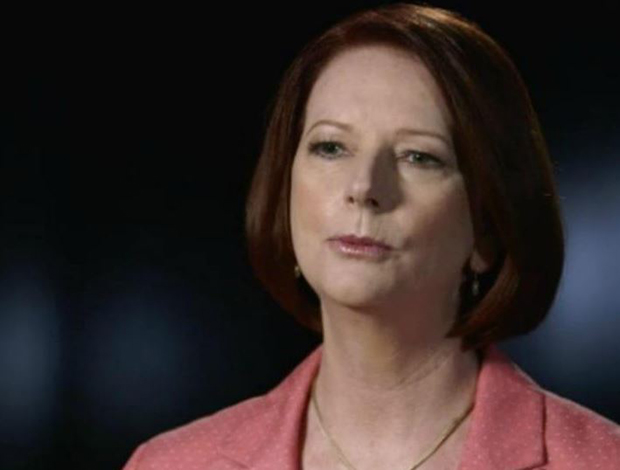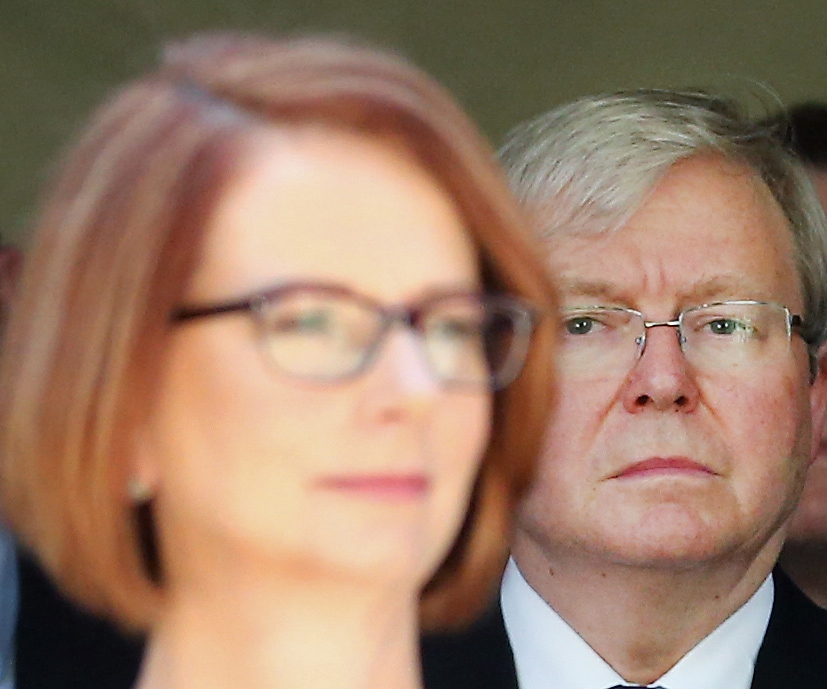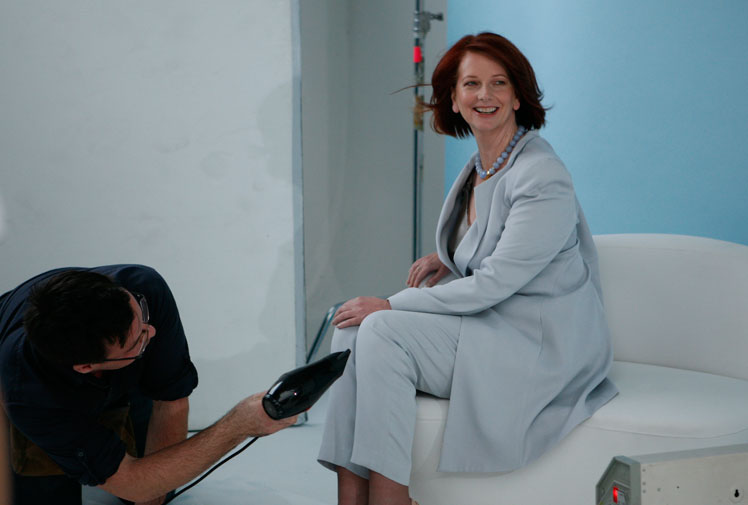If anyone believed the 2010 ousting of Kevin Rudd as prime minister was a spontaneous, desperate gesture, the ABC documentary series The Killing Season is here to dissuade them.
Desperate it may have been. Spontaneous it wasn’t.
Aired last night, the second of three episodes spotlights the role of now Opposition Leader Bill Shorten – who refused to be interviewed – and of Gillard herself.
It highlights the panic which set in after Rudd’s 2009 failure to secure a global climate change deal saw a drop in Labor’s poll figures, then a plunge when he shelved emissions trading plans.
Gillard has always called herself a reluctant draftee. These interviews reveal the extent of her knowledge of plotting from within the powerful New South Wales Right faction and the pressure applied.
Then minister Tony Burke reveals when they talked one night, over a bottle of wine, he was careful not to suggest a leadership change directly, saying if she ever wanted to raise the unspoken issue with him, “don’t hesitate.”
“I was keen not to see it progress to a more explicit stage,” she says.
Publicly, Gillard was denying being sounded out.
Privately, she assessed Rudd as “personally miserable, politically paralysed”, fearing for his “psychological state.”
Rudd rejects that as “absolute bollocks”, saying he doesn’t recall ever seeing Gillard’s credentials as a “psychoanalyst”.

Gillard’s then senior adviser Gerry Kitchener speaks about her attitude to a challenge.
“She listened to what people were saying and obviously she was in a position to rule it out categorically – and she didn’t,” he says.
“And so events moved forward as a consequence of that.”
He insists she wasn’t agitating.
“But she didn’t say no.” She also never told Rudd.
“My demeanour obviously was that they shouldn’t have this conversation with me and I wasn’t interested in having it – that I just wanted to get on with the job,” she says.
Then treasurer Wayne Swan was also aware.
The plotters took their attitudes as tacit approval.

On the day they finally moved, a newspaper report suggesting Rudd’s chief of staff had been ringing around checking loyalty was used as catalyst.
Gillard says Tony Burke told her she had two choices: go to the backbench or challenge. Burke says that reasoning came from her.
Kitchener says Shorten urged her on, fearing Rudd’s retribution.
“He said to me ‘Gerry, we’re all f**ked if she doesn’t do this’.”
Late into that night, Shorten would squire potential supporters into her office.
Other ministers say they were blindsided by the coup.
After she won, Kitchener says coup architect Mark Arbib warned Gillard not to give Shorten an influential portfolio because he would betray her. (She did. So did he.)
Then minister Martin Ferguson puts it bluntly: “We killed ourselves.”
Perhaps most telling, plotter and former West Australian Senator Mark Bishop still speaks of it with pride.
“In terms of a professional execution you’d have to say it was the best,” Bishop says.
The final episode of The Killing Season airs on ABC TV next Tuesday night.

